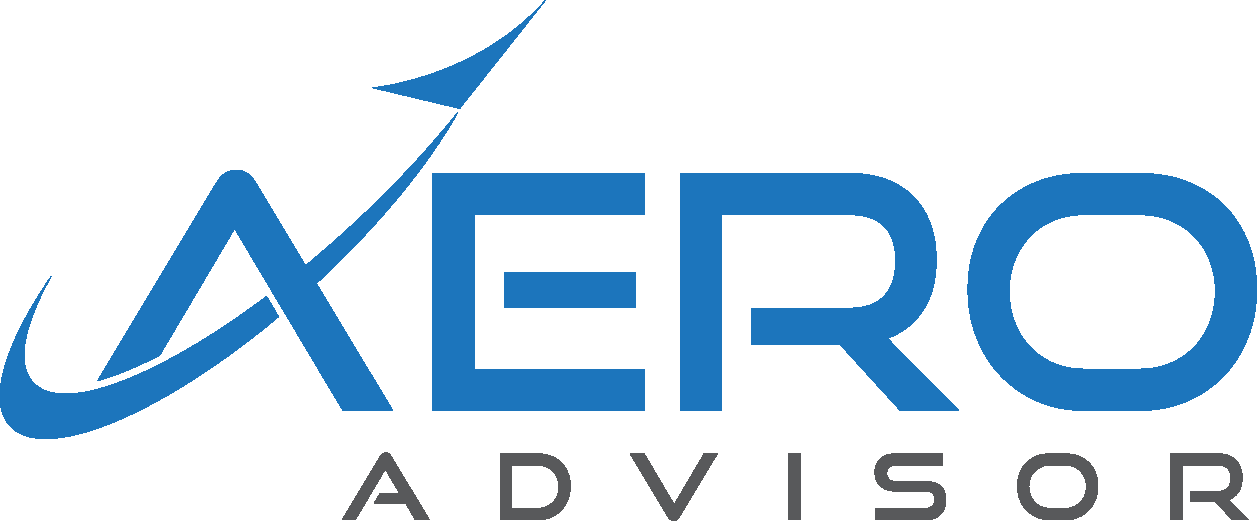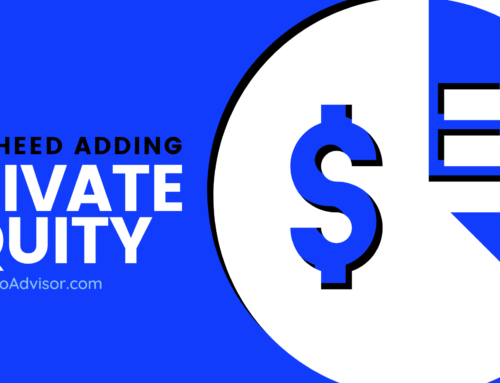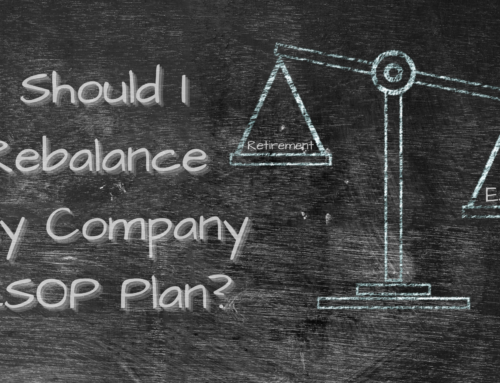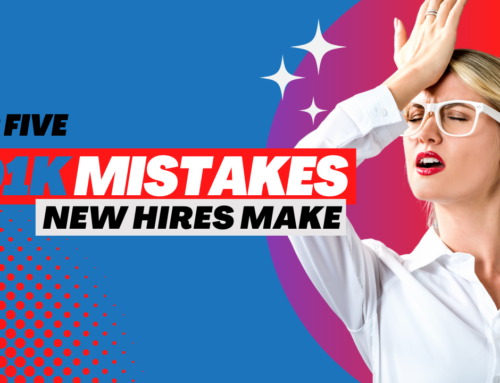How do you save for retirement once you’ve maxed out your Lockheed 401k? This is a common question I get asked. It’s also a great problem to have – as that usually means you have extra income each month after you have paid your living expenses.
First of all, congrats on having an income and/or being frugal enough to have some cash left over in the budget. There are a lot of ways to stash away some of that extra cash for retirement outside your Lockheed 401k, but I’ll highlight a few common ones below.
Savings Account
Probably the easiest way to save for retirement is open a savings account. This may be the simplest option, but it also may be the least rewarding (at least it might be right now, when interest rates are low).
There are two drawbacks to this option: You’re not going to make a ton of interest because of low rates and what little money you earn will be taxed at your ordinary income rate each year.
Investment Account

Which piggy bank should get your extra dough?
You could invest your extra cash into a non-retirement investment account. Part of Each time you sell an investment, you’ll pay taxes on it if you have a gain in the year you sell it.
You’ll want to pay attention on how long you hold the investment as long term capital gains tax (holding for a year or longer) can be more favorable than short term capital gains (less than one year) depending on your tax bracket.
You have a self-directed brokerage account available through your Lockheed 401k that you can set up through TD Ameritrade. They’ll charge a small fee for placing trades, but it might be a decent option if you have extra cash in your budget to invest elsewhere.
The Traditional IRA
Another option would be to contribute to a traditional IRA. You might be able to deduct your contributions from your income for an added tax benefit (if that’s an option for you, look into the ROTH IRA as well), but others might have too high an income to get the deduction (check out this link for more info).
If you aren’t able to get a deduction, you could also consider non-deductible IRA contributions. These kind of situations can get tricky, so it’s a good idea to work with a financial advisor and tax professional to make sure you’re doing it right. More than you ever want to know about these “backdoor Roth” contributions can be found by clicking HERE.
The advantage to contributing to an IRA is the tax deferred growth. For example, if you contributed $100 to an IRA and it grew to $105, you wouldn’t be taxed on the growth until you remove that gain from the account. Usually, you would remove those funds when you are retired and there is a good chance you might be in a lower income tax bracket.
Life insurance and annuities
There are also ways to use life insurance and annuities to help fund your retirement. Like the IRA contributions above, it’s a good idea to get some advice here from a financial planner and CPA. Some annuities even have lifetime income options available that allow you to predict your income stream in retirement.
By using life insurance or an annuity, you could set aside assets that could grow tax deferred (much like the IRA above). In retirement, your income tax bracket could be lower than it is when you are working, so those withdrawals from your IRA account might be taxed at a lower rate.
Real estate
Some invest in real estate as a way to increase their assets in retirement. Buying a house or condo and renting it out can even produce an income stream in retirement. Some might find the management side of the rental property a headache, so management companies can be hired to take care of the day to day needs of tenants and properties.
The property could appreciate in value and could be sold in retirement, or the income stream could be used as part of a retirement income plan.
Other ways to save for retirement: Start a business
Do you have a hobby that you might can turn into a business? Consulting is another option, as long as your employer allows you to do the outside work. You could build the business and sell it when you are close to retirement, or possibly retire and start running that business full time.
There are also a few tax benefits that could be used by business owners. Check with the CPA or tax professional on those before you start.
These are just a few ways to help you accumulate assets in retirement out side your Lockheed 401k. Your financial advisor and CPA can work together to figure out which option might be best for you. If you have questions or would like to hear more about any of the ideas above, email me at Brian@TheAeroAdvisor.com
Content in this material is for general information only and not intended to provide specific advice or recommendations for any individual. There is no assurance that the techniques and strategies discussed are suitable for all individuals or will yield positive outcomes.
Related:






